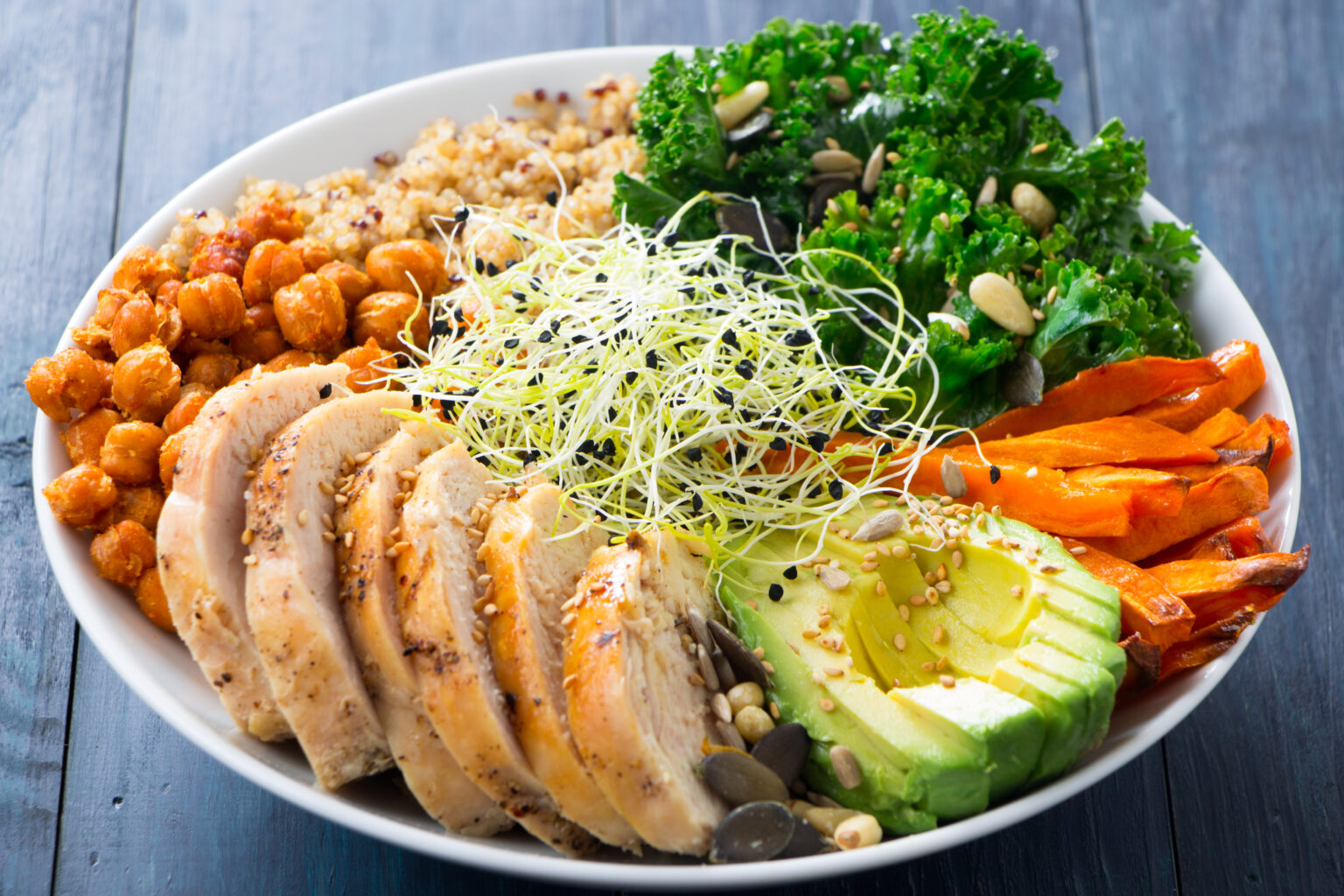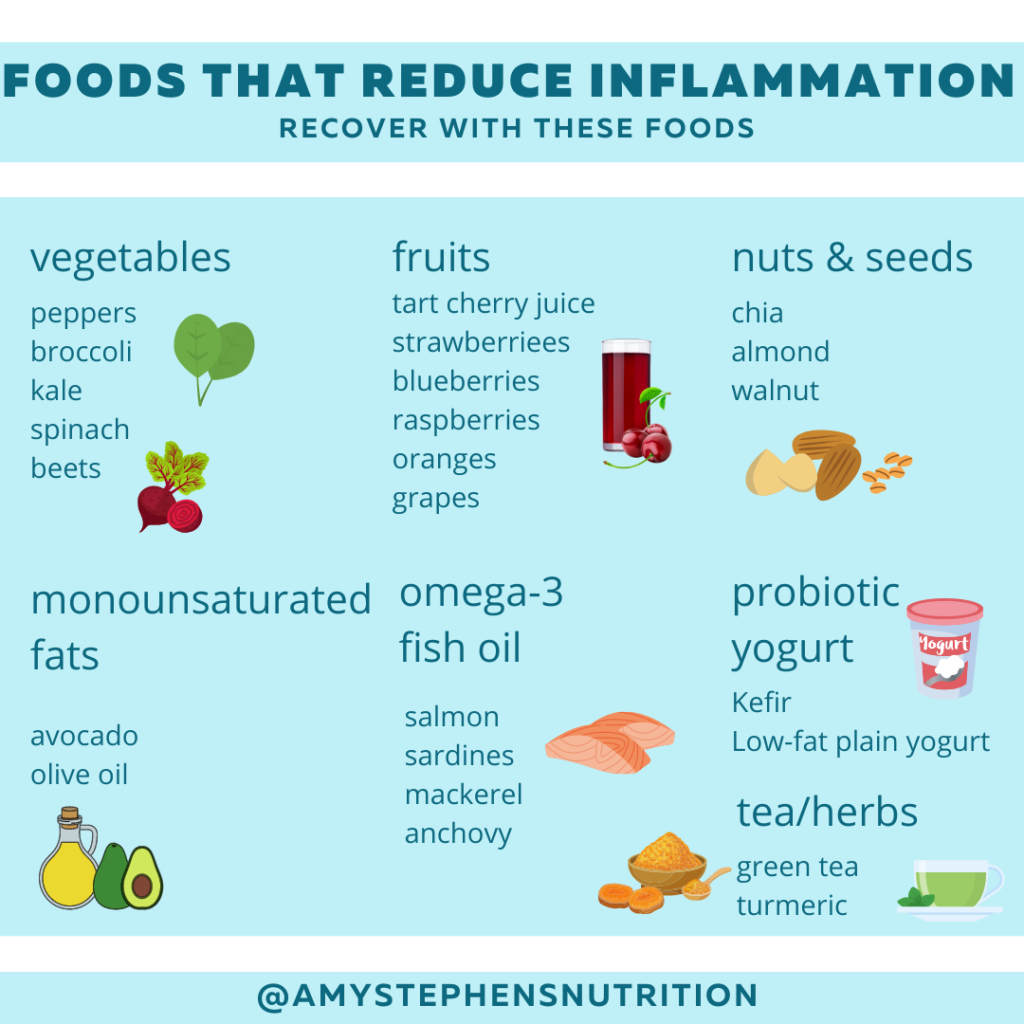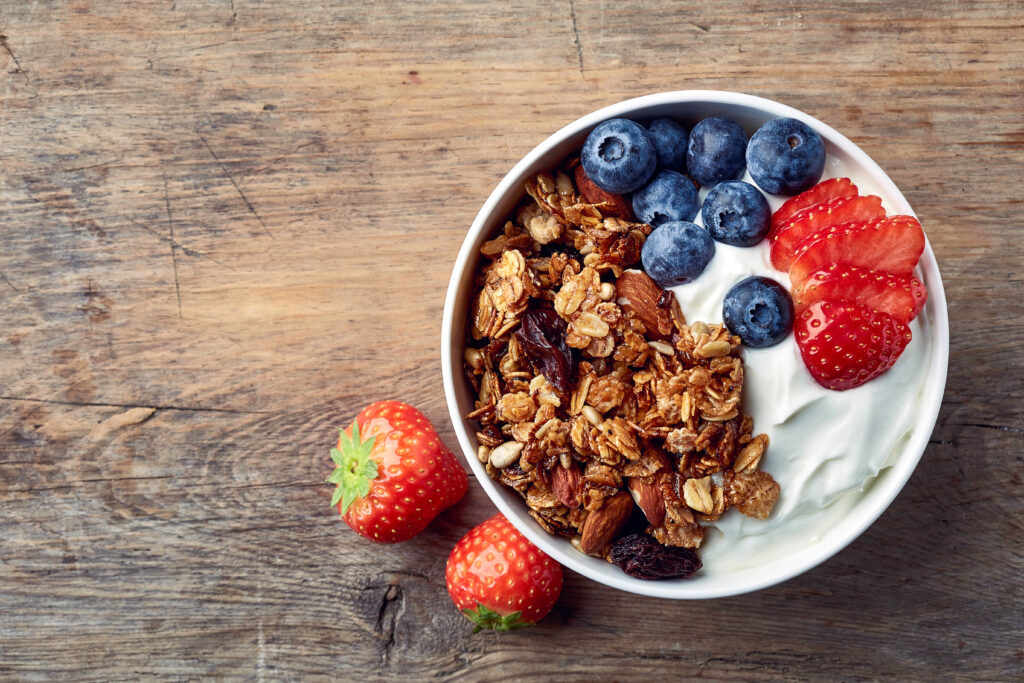Amy Stephens
MS, RDN, CSSD, CDCES
Licensed dietitian
specializing in sports nutrition
and eating disorders
Menu
MS, RDN, CSSD, CDCES
Licensed dietitian
specializing in sports nutrition
and eating disorders
What is inflammation?
In the world of sports and athletics, all athletes experience inflammation. Inflammation is a natural and healthy process by which the body protects itself from harm. Intense exercise causes metabolic waste as toxins are released, causing the body to respond. Inflammation is the process whereby the body heals itself from toxins.
Athletes perform at extraordinarily high levels, whether it’s running a marathon or playing a three hour tennis match in 100 degree weather, which can greatly affect the body. The need to take care of one’s body after these extreme efforts is essential to the process of reducing inflammation. The main jobs of an athlete are to workout, get stronger, and recover.
C-reactive protein (CRP) is an inflammatory protein that can be measured to determine the level of inflammation in the body. Higher levels of CRP are found in your blood after a workout and can persist for a few days. Your body can naturally lower CRP levels but this process can take a few days. During this time, muscle growth and repair are inhibited.
There are many different tools to reduce inflammation, but healthy eating is the single most important factor in reducing inflammation. Foods improve recovery and one’s own ability to perform. Many athletes will undergo procedures to lower inflammation but nothing is more potent than eating anti-inflammatory foods because healing nutrients are delivered directly into the body. These anti-inflammatory properties begin when certain foods are passed through the gut. There, certain nutrients such as omega-3’s, antioxidants (Vitamin C, E and A), and probiotics are absorbed into cells. Other foods like saturated fats and processed sugars have been shown to increase inflammation throughout the body.

Here is a list of foods that will reduce inflammation:
Tart cherry juice is a convenient source of Vitamin C and potassium which are used to restore electrolytes and promote recovery.
Vegetables such as peppers, broccoli, kale, beets (beet juice), and spinach are high in Vitamin C and antioxidants.
Berries and citrus fruits are also rich in antioxidants, Vitamin C, and anthocyanins. Best sources include: strawberries, blueberries, blackberries, raspberries, oranges, and grapes.
Green tea contains catechins which suppress the inflammatory protein response. (Ohishi)
Turmeric contains an ingredient called circumin which has been shown to reduce inflammation. Turmeric is most commonly used as a seasoning. To make tea, use 1 tsp ground turmeric and mix with warm milk (also a great source of iron).
Nuts and seeds such as chia seeds, almonds, walnuts contain monounsaturated fats and alpha linoleic acid (ALA) which has been shown to reduce levels of CRP. They are also rich in fiber which slows the release of glucose into the cells, also referred to as low glycemic foods. Peanuts are a great, less expensive option.
Avocado and Olive oil are great sources of monounsaturated fatty acids. These fats help raise good cholesterol and maintain the body’s cells. These foods are also rich in Vitamin E which is an antioxidant that helps fight inflammation.
Fatty fish such as salmon, sardines, anchovies, and mackerel are rich in omega-3 fatty acids, eicosapentaenoic acid (EPA) and docosahexaenoic acid (DHA). Omega 3’s have properties that interrupt the inflammatory process, similar to aspirin (Calder).
Probiotic yogurt has been shown to lower levels of CRP and inflammation in the gut. The bacteria from yogurt protects the gut from invading viruses and bacteria and offsets proteins released during prolonged exercise (Forseth and Bienstock). Kefir and plain low-fat Greek yogurt are great because they have many strands of live cultures. (Salehzaden).
In addition to food, sleep and stress reduction will reduce inflammation by allowing hormone levels to reset so it can repair damaged tissue.

These foods cause inflammation
When you consume these foods in your diet, studies have shown elevated CRP levels.
Sample meal plan
Breakfast
Bowl of plain low-fat yogurt with almonds and berries and top with chia seeds
Post-workout snack
Toast with almond butter, berries, glass of tart cherry juice
Lunch
Spinach salad with avocado, chickpeas, and pumpkin seeds, olive oil and vinegar dressing
Quinoa or brown rice bowl with broccoli and peppers and grilled salmon
Blueberry smoothie made with plain yogurt
Snack
Grapes and almonds or walnuts
Chia pudding made with milk or almond milk
Green tea
Dinner
Chicken fajitas, sliced avocado, tomates, peppers and onions, tomato salsa

Easy chia pudding recipe
In small jar or covered container, mix together:
2 Tbsp chia seeds
½ cup milk
1 tsp honey
Shake well and refrigerate for at least 2 hours. Top with strawberries and cinnamon.

References
Calder PC. (2010). Omega-3 fatty acids and inflammatory processes. Nutrients, 2(3):355-374.
Forsythe P & Bienenstock J (2010). Immunomodulation by commensal and probiotic bacteria. Immu invest, 39(4-5): 429-48.
Kuczmarski MF, Mason MA, Allegro D, Zonderman AB, Evans MK. (2013). Diet quality is inversely associated with C-reactive protein levels in urban, low-income African-American and white adults. J Acad Nutr Diet, 113(12):1620-31.
Lankinen M, Uusitupa M, Schwab U. (2019). Nordic Diet and Inflammation-A Review of Observational and Intervention Studies. Nutrients,18;11(6):1369.
Mullington JM, Simpson NS, Meier-Ewert HK, Haack M. (2010). Sleep loss and inflammation. Best Pract Res Clin Endocrinol Metab, 24(5):775-84.
Ohishi T, Goto S, Monira P, Isemura M, Nakamura Y. (2016). Anti-inflammatory Action of Green Tea. Anti Inflam Anti Allergy Agents Med Chem, 15(2):74-90.
Salehzadeh, Karim. (2015). The Effects of Probiotic Yogurt Drink on Lipid Profile, CRP, and Record Changes in Aerobic Athletes. Int’l J Life Sciences, 9;(4)32-37.
Licensed dietiTian
specializing in sports nutrition and eating disorders
© Amy Stephens Nutrition
SITE BY 744 CREATIVE